Earlier this year, my homeland Ghana was in the news again, trending on social media for all the wrong reasons. Citizens were tired of apparently failed campaign promises and mounting socioeconomic challenges from illegal mining destroying our ecology to pot holes, no, man holes, in our streets. All of these complaints were bundled together in a #FixTheCountry campaign that made a dent in Twittersphere. Some ill-advised government sympathizers then began a #FixYourself counter-tweet, which only added insult to injury. A much more compassionate and smarter response, which might’ve calmed nerves, would’ve been #LetUsFixItTogether but be that as it may, as a student of leadership let me show you how both sides got it wrong in the first place.
LEADER DEFINED
There are officially over 360 definitions of leadership. The simplest yet most profound one that makes the point I seek is this: a leader is a Person who influences People to achieve a shared noble Purpose. Although there are three ‘P’ players in this equation, the tendency for most, and not just Ghanaians, is to focus on the third ‘P’ (Purpose), in this case the country that needs fixing. That makes sense because it is often what pinches and the thing we would’ve been sweet-talked about during the animated political campaigning prior to elections. So the citizenry said #FixThePurpose and what some government functionaries did was to then shift what needed fixing to the second ‘P,’ the people i.e. #FixThePeople.
As I prepared to speak to alumni of the Central Leadership Programme a couple of weeks ago on ‘The Impact a Transformed Leader Can Make‘ it dawned upon me heavily that while both sides of the hashtags might bee sincere, they are both sincerely wrong. The most important ‘P’ that fixes the other two ‘Ps’ is the Person of a leader! We can cry #FixTheCountry all year long and hear a minor counter-chorus of #FixYourself all year round but until the primary hashtag and passionate focus becomes #FixTheLeaders, it’s all a waste of time, energy and a whole lot of other scarce resources!
PRINCIPLES AT WORK
You might not like what I’m saying, or even not believe in it, but the thing with principles is that they are timeless, universal truths that don’t care a hoot what you and I value. As the famous director of the 1956 epic movie The Ten Commandments said, we cannot break commandments, we can only break ourselves against them. Until our leaders are transformed, the people will not be transformed, neither will the situations that need transformation. In other words, until and unless the leaders are fixed, the people will not be fixed and the problems will not be fixed. It doesn’t matter how sincere and passionate we are about the latter two, we would ironically only be breaking ourselves against leadership principles, rather than fixing anything.
In transformational leadership, the following principles hold true:
Principle #1: Transformational Leaders are transformed first, then their community (from family to town/city to district to region to country and continent)
Principle #2: The Person (of a Leader) gets fixed first, then the People, before the Purpose
Principle #3: Only deeply transformed leaders can deeply transform society.
PORTRAITS OF THE POINT
In my talk, I shared examples of the impact transformed leaders have had on society, irrespective of the era, whether 2,000 years ago like Zacchaeus, 200 years ago like William Wilberforce or barely 20 years ago like Nelson Mandela. When Zacchaeus, the short and filthy rich chief tax collector, encountered the rabbi Jesus Christ, he was transformed. That’s what led to his unforced famous declaration: “Look, Lord! Here and now I give half of my possessions to the poor, and if I have cheated anybody out of anything, I will pay back four times the amount.”
What do you suppose was Zacchaeus’ impact as a transformed tax leader (say, as the head of the Ghana Revenue Authority)? If every African politician since 1957 said and did similarly, not only will we hardly have the poor amongst us, our socioeconomic indicators will drastically improve overnight as Swiss banks and vaults are emptied swiftly! That’s the impact a transformed leader (#FixedLeader) can make in transforming a people and a context. This brings to the freedom two more faith-based transformational principles: #4 No one can truly encounter the transformational Jesus and not be transformed and #5 No one can be truly transformed by the transformational Jesus and not transform society.
These principles are again exhibited in the modern story of William Wilberforce and the contemporary biography of Nelson Mandela. You might want to check out the video of the said talk to appreciate how the transformative societal impact of both, also came from the fountain of their personal transformation as leaders. For Mandela, see the quote below that summarizes well his transformation and transformative leadership:
Former South African President Thabo Mbeki, who stepped into the big shoes of Mandela, makes the point for me about fixing leaders first to get the product in society we want in this video. He challenges incumbent African presidents as follows: for whatever kind of Africa we want, the question is, “what sort of leadership do you produce to get that kind of result?”
It’s easy to be impressed by Wilberforce’s purpose, which he influenced thousands to share in: ““God almighty has set before me two great objects: the abolition of the slave trade and the reformation of manners.” But what you might not know is that his wasn’t always a noble story. Although young and gifted, his biographer Eric Metaxas wondered, “But to what would he rise? For beyond making it to Parliament and succeeding there …he had no dreams. He was ambitious and he was talented, but he was also directionless.” Years later Wilberforce himself remarked, “The first years I was in Parliament I did nothing—nothing to any purpose. My own distinction was my darling object.” What changed everything and began a life-long pursuit of the abolition of the slave trade and emancipation was how all that pre-occupation with himself, his status and ‘success’ began to change in 1784 (at 25) when he started to explore the religious faith of his youth. Again, the transformed Person he became, influenced a People to transform, and together they transformed and reformed the world!
CONCLUSION
Citizens are powerful. “Power to the people,” was the mantra in the revolutionary days of the 1980s in Ghana. I was a only a lad but I still remember. And it is true. But leadership is incredibly important, as everything rises and falls on it. True, citizens (People) can use their thumbs to vote leaders (Persons) in and out of office and press their demands on them. True, citizens can campaign ad nauseam about the plights and dreams (Purpose) that matter. All I’m asking is that if principles are true and cannot be broken, then our strongest and loudest campaign should be #FixTheLeaders. If we do, the people will be fixed (#FixYourself) and so will the country (#FixTheCountry). There’s no other way around this. If we do not go this route, come 100 years from now, those two #FixTheCountry and #FixYourself hashtags will still be trending. We would only have have successfully recycled unfixed leaders of fixed colours every four years while the country itself remains unfixed. Leaders must fix themselves first, then serve and influence the people to be fixed and together, fix the country.
PS.
As someone with an advanced degree in leadership and being a leadership practitioner across various industries and on every continent, I do reckon that this issue is nuanced. It takes an entire ‘leadership ecosystem’ and multi-dimensional, multi-directional processes. Yes, I agree there has to be 360 degree leadership. We can play around with all the possible permutations there are but we fool ourselves without this primary transformed/transformational leader —> transforming people —> transformed society piece. It is akin to what will be referred to in Chemistry as ‘the rate determining step.’ If that (#FixTheLeaders) doesn’t happen and in ample time and measure, we will still be arguing about #FixTheCountry and #FixYourself 100 years hence. We’re in a fix (pun intended).

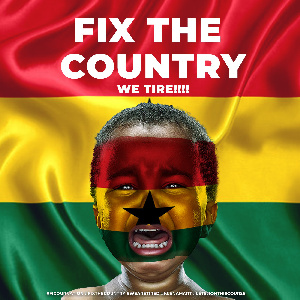

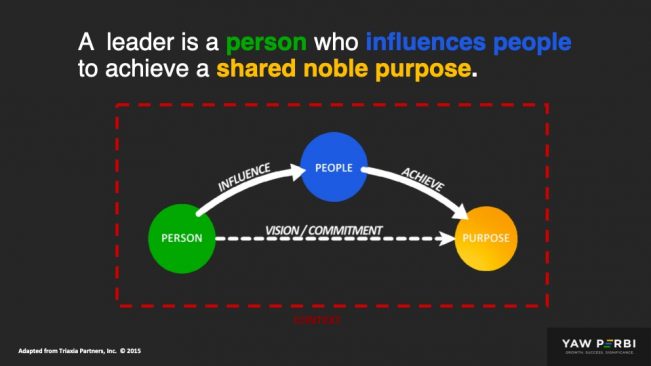
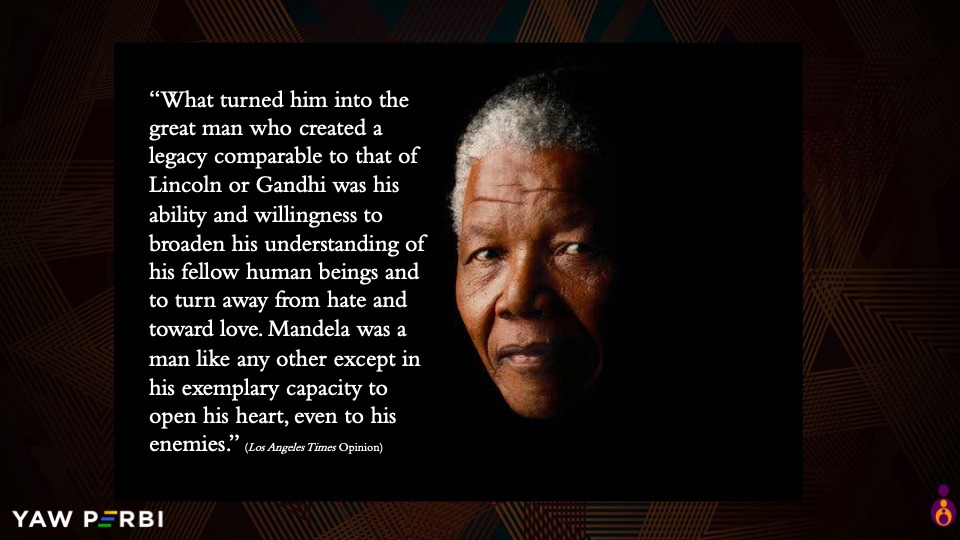
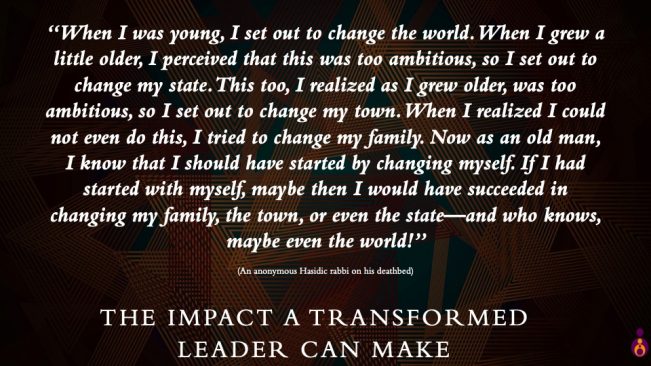


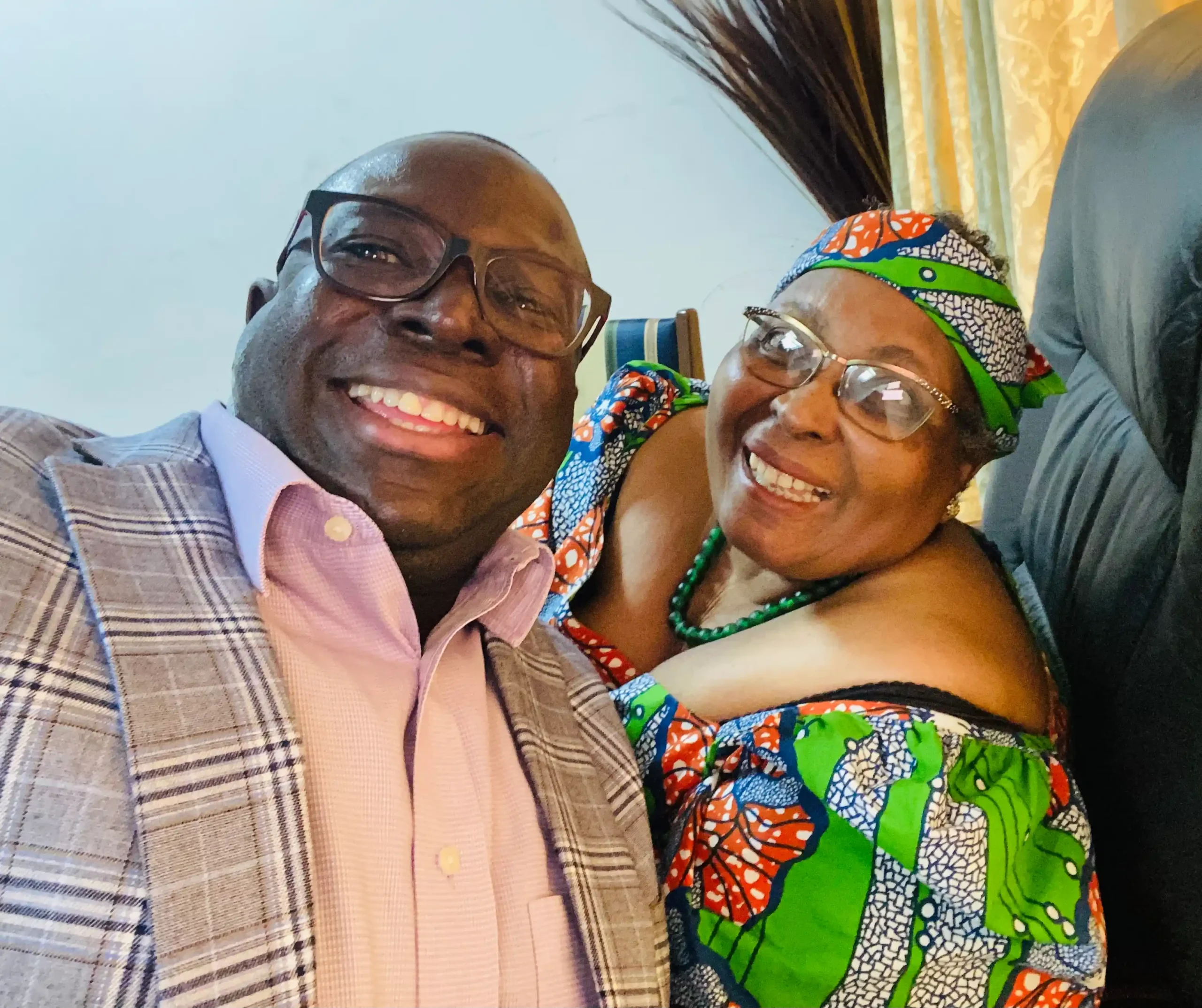

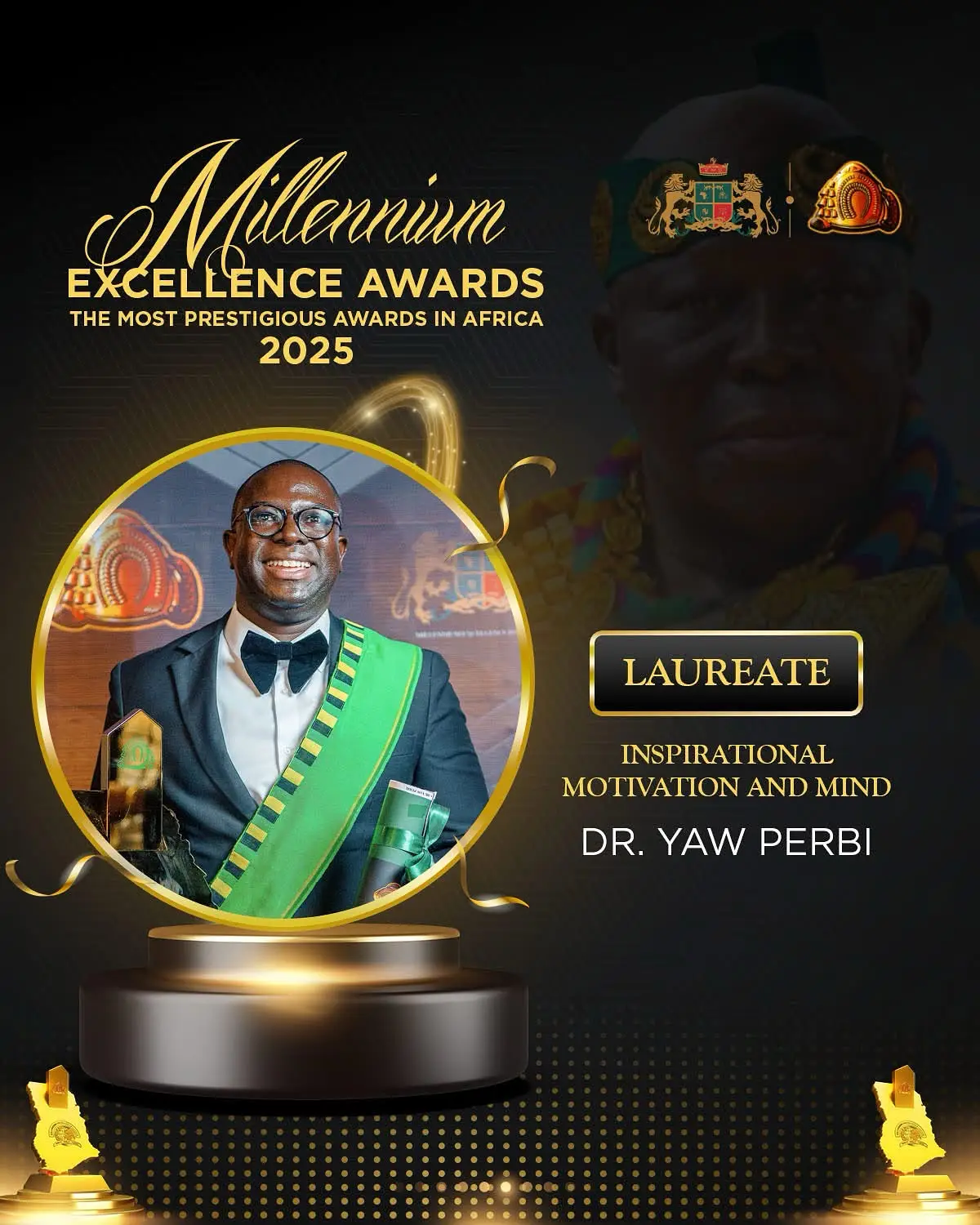


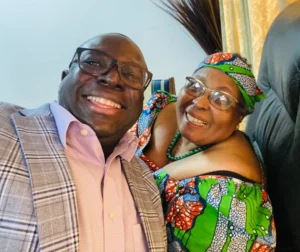
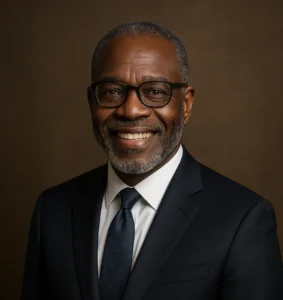
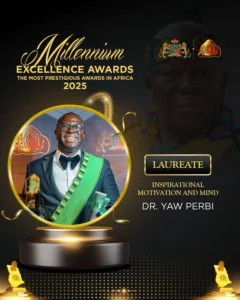

5 Comments
Spoken as a leader. Will be honoured to speak with you sometime. Keep doing the good work and God bless!
Thank you fellow Fellow, Harriette. You are too kind. Indeed it’s about time we met face-to-face. I’ll WhatsApp you.
A beautiful piece, I loved almost everything but in real essence, this is a very complicated issue. I mean the leaders we have always come from the people we have. For which reason, I agree with fixing the purpose. It is the same reason I do not entirely agree that fixing the purpose should be something relegated to solely the responsibility of the leaders.
I honestly feel that as a people we should all decide that our attitudes need fixing. at some point, we all need to realize that “cutting the queue” is not a cool thing to do.
You make a good point about how nuanced this is, Edward. In fact, I’m going to place a ‘post script’ about how multi-dimensional and multi-directional this is but we need to bear in mind that the transformed leader –> transformed people –> transformed society dimension is primary; what will be called in Chemistry, the ‘rate determining step.’
About the leaders coming from the people, that’s true. I cannot believe, though, that there are no transformed and transformational leaders among us. They walk among us. Check out Plato’s allegory about the cave. I believe it illustrates the situation we’re in well. Thanks for sharing your mind. Cheers!
PS. Also, bear in mind that the transformed leader and transforming people fix the problems together. Take a look at the diagram again, if you will.